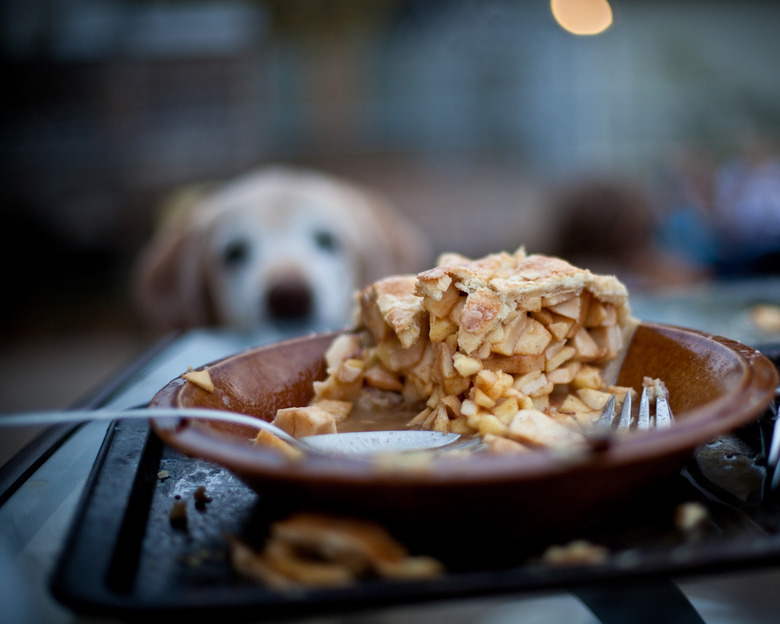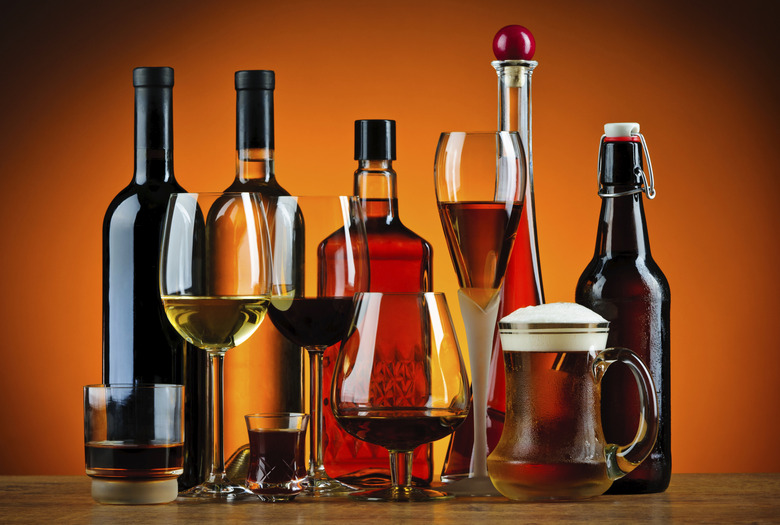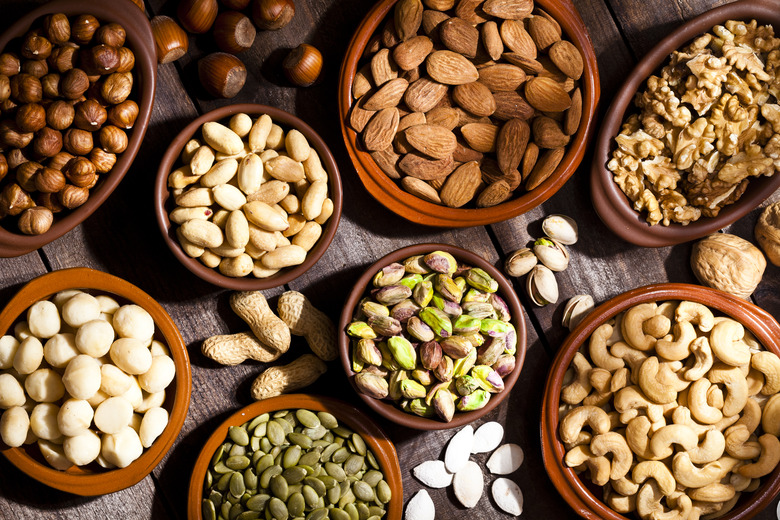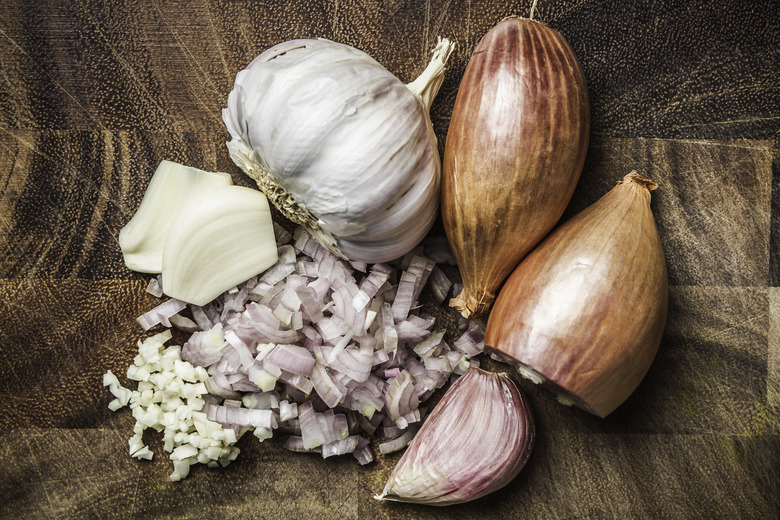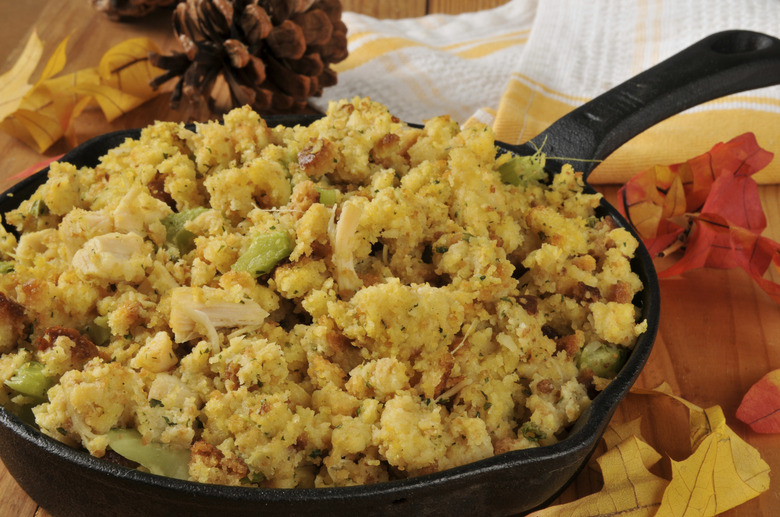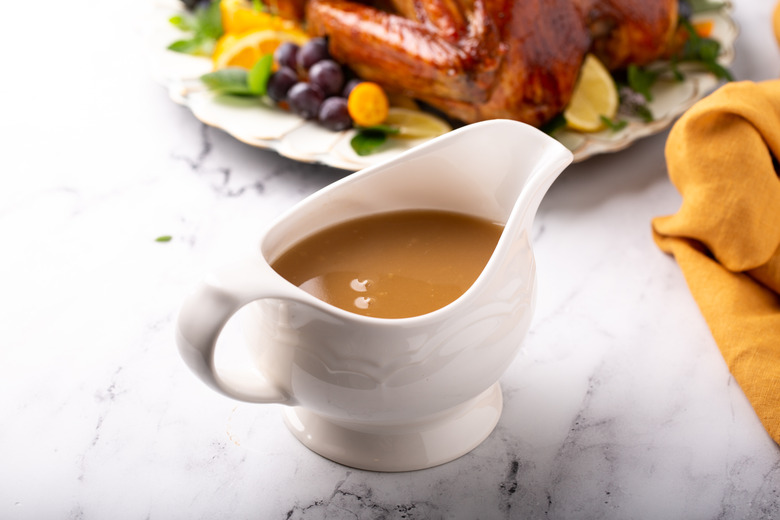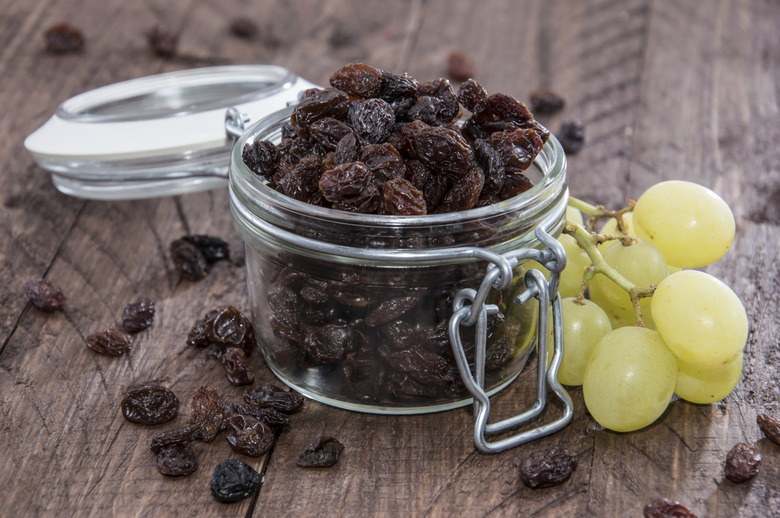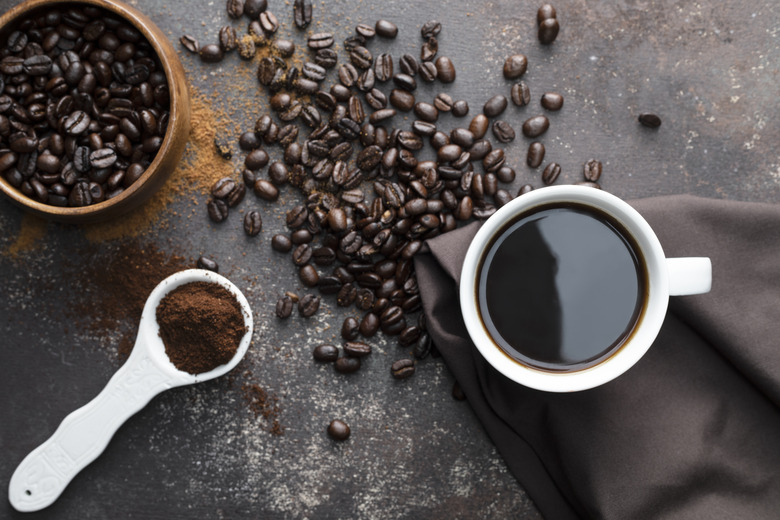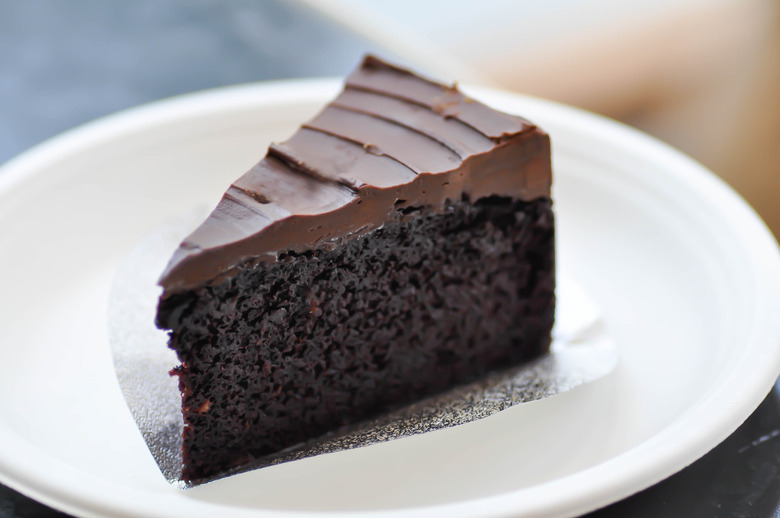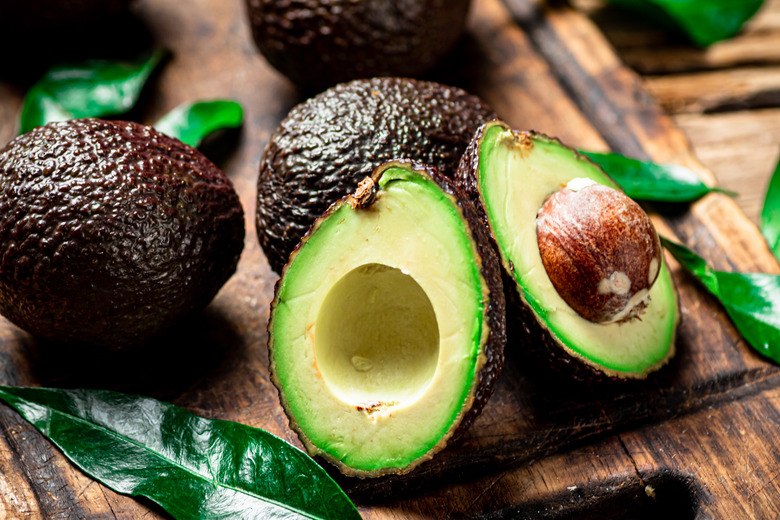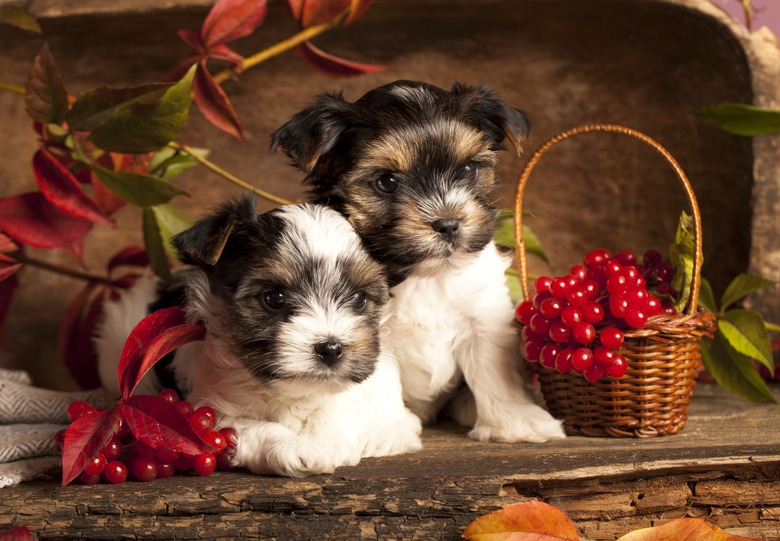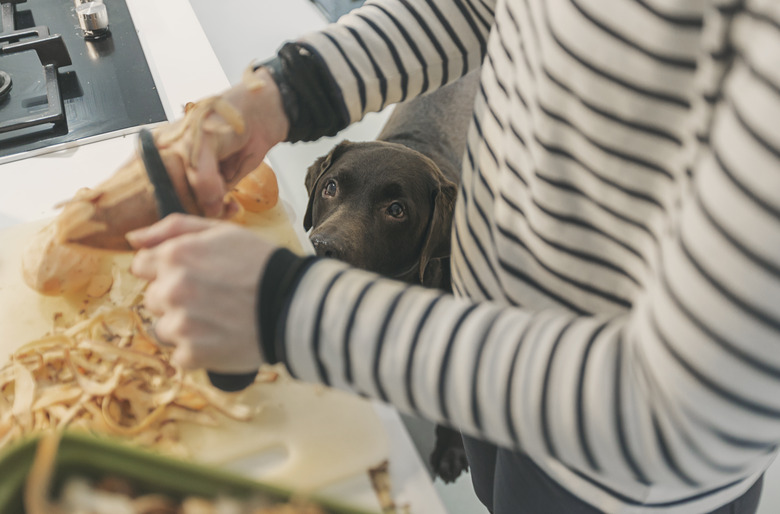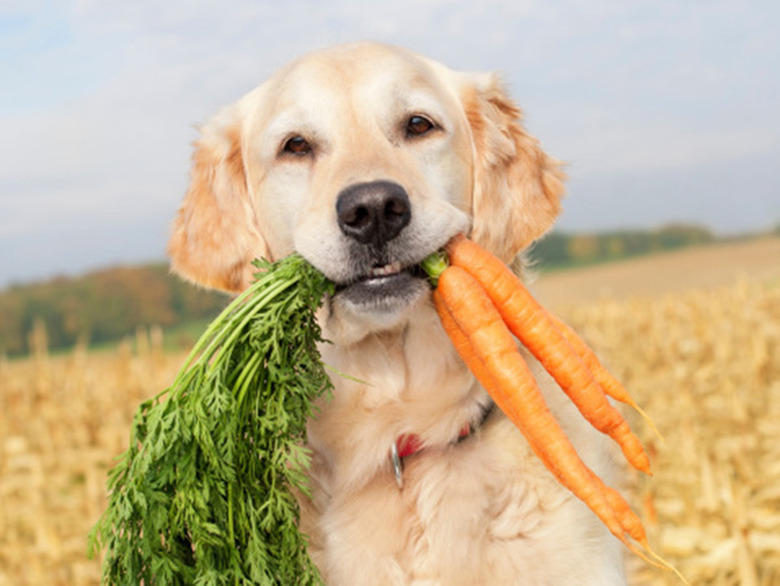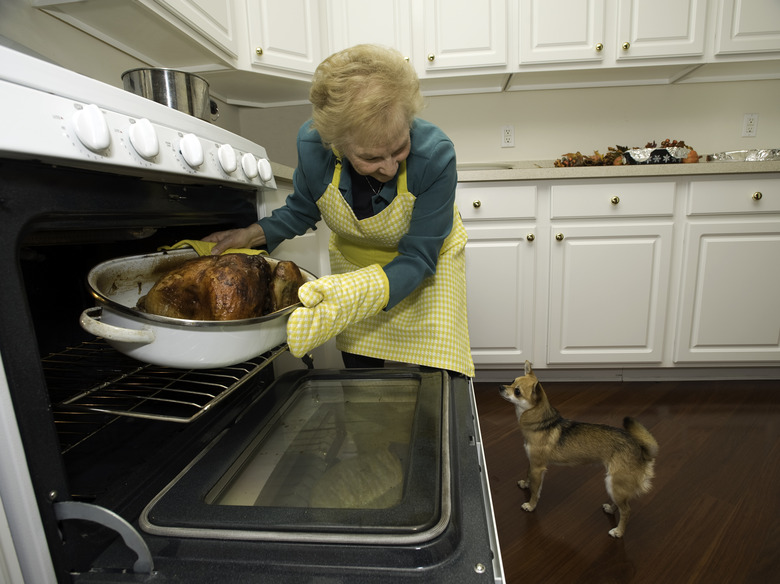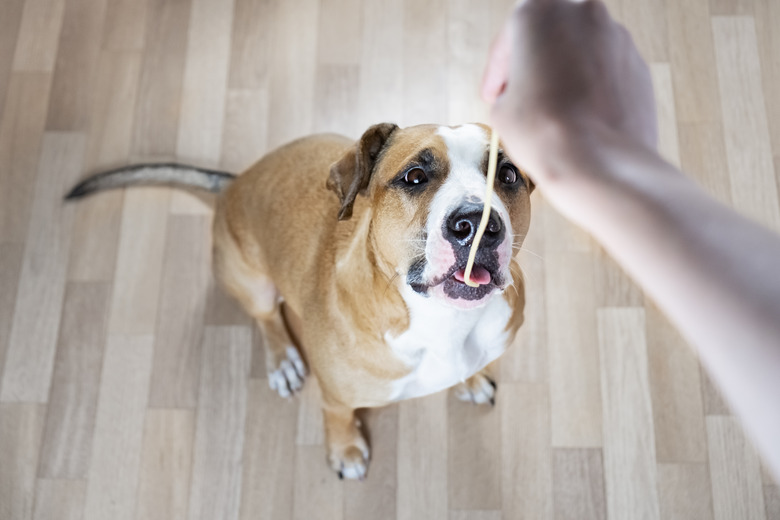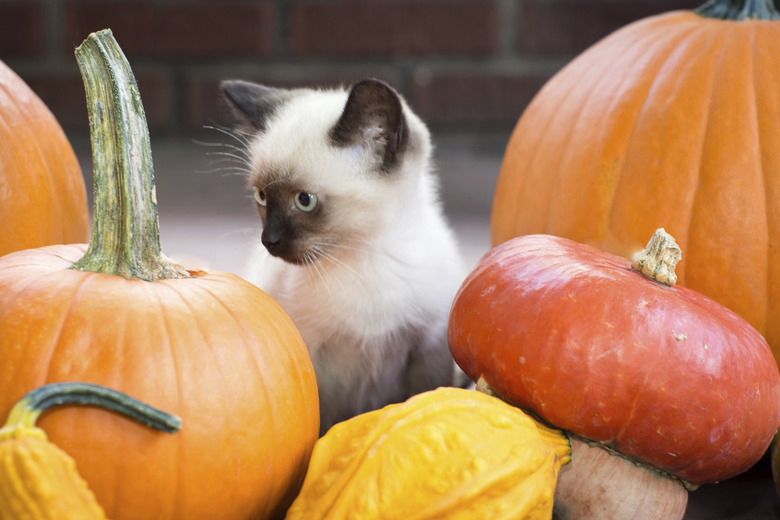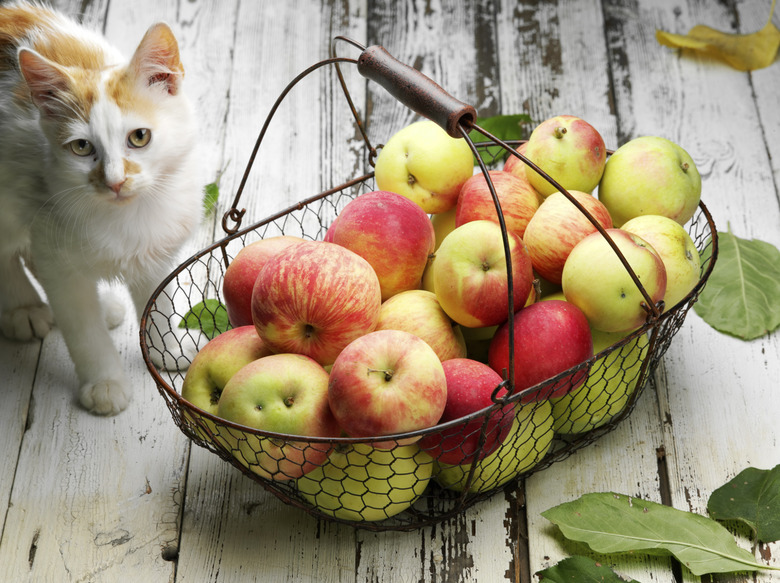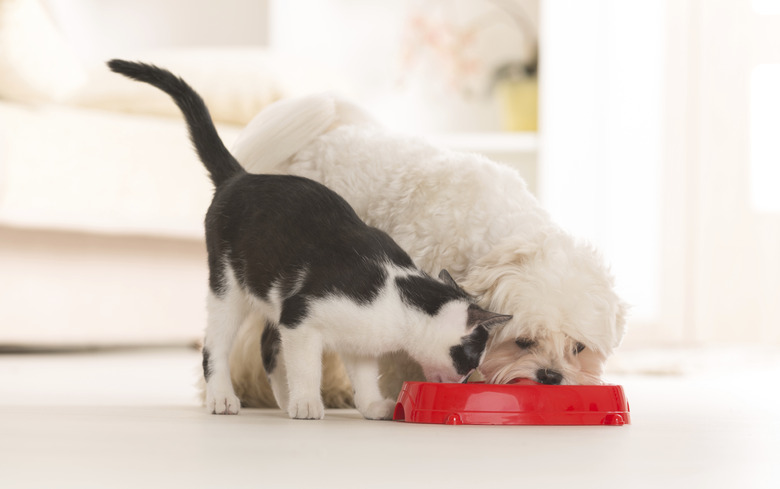Thanksgiving Leftovers You Can Give Your Pet (And Those You Can't)
- Quick facts: yes or no?
- Say no to alcohol
- Say no to nuts
- Say no to onions, garlic, and other alliums
- Say no to stuffing
- Say no to gravy
- Say no to raisins and grapes
- Say no to caffeine
- Say no to chocolate
- Say no to avocado
- Say yes to cranberry sauce
- Say yes to (plain) potatoes
- Say yes to vegetables
- Say yes to turkey (unseasoned and in small quantities)
- Say yes to pasta
- Say yes to (plain) pumpkin
- Say yes to most fruit
- Sampling only, please!
- Keep Pet Poison helpline information handy
Thanksgiving dinner is the beginning of many holiday feasts, and the festivities are all about family, food, and merriment.
With all the extra goodies abound, your four-legged friends are sure to do a lot of extra begging at the table. You do not have to deny your dogs and cats some Thanksgiving treats, but you should know which foods and ingredients that are safe for pets before sneaking them your leftovers.
Quick facts: yes or no?
Quick facts: yes or no?
Should you feed that food to your pet? Here's an at-a-glance guide:
Yes:
- Cranberry sauce
- (Plain) potatoes or sweet potatoes
- Vegetables (except onion, garlic and related vegetables, called alliums)
- Turkey (unseasoned and in small quantities)
- Pasta
- Plain pumpkin
- Most fruit
No:
- Alcohol
- Nuts
- Alliums (onions, garlic and related vegetables)
- Stuffing
- Gravy
- Raisins and grapes
- Caffeine
- Chocolate
- Avocado
Read on for more details specific foods and what's safe to feed your pet on Thanksgiving.
Say no to alcohol
Say no to alcohol
As your guests arrive, drinks will be poured and passed to keep them socializing while you finish preparing the big dinner. Do not let your dog or cat drink anything besides water. The alcohol contained in wine, beer, hard cider, spirits, and mixed cocktails depresses the central nervous system and causes diminished coordination, vomiting, respiratory distress, tremors, coma, and even death.
Say no to nuts
Say no to nuts
Many nuts are dangerous for your pets. When ingested, toxins found in some nuts cause weakness, lethargy, tremors, increased body temperature and vomiting. Some nuts are high in fat content and can cause pancreatitis in animals, such as macadamia nuts. You can check out more resources on all foods and whether they're safe at the Pet Poison Helpline.
The exception, however, is peanut butter. Peanuts belong to the legume family and do not pose the hazards that arise from eating macadamia nuts, pecans, pistachios, walnuts, or almonds. So, go ahead! Fill your dog's favorite puzzle toy with peanut butter the night before and freeze it. As guests start to nibble, the frozen Kong treat will keep your dog occupied, content, and out of trouble for a little while.
Say no to onions, garlic, and other alliums
Say no to onions, garlic, and other alliums
Alliums, including onions, garlic, chives, scallions, leeks, and shallots, are very toxic to cats and dogs. These are commonly used ingredients in a variety of appetizers, entrees and sides dishes, including dips, salads, soups, and stuffing. According to the ASPCA, you should avoid feeding your pets these people foods altogether. (Although garlic or onion may be one of the ingredients in your pet's commercial food, the amount is extremely low.) Sharing any of your Thanksgiving Day cooking that contains alliums puts your pet at risk for blood cell damage or toxic anemia.
Say no to stuffing
Say no to stuffing
Most stuffing recipes contain the above-mentioned alliums. Many also call for sage and other herbs which contain essential oils that, when consumed by your pet, can result in central nervous system depression and gastrointestinal issues. Stuffing is a no for pets.
Say no to gravy
Say no to gravy
Gravy recipes tend to be rich in fat and seasoned with alliums and herbs, as well as salt. Fatty foods can cause pancreatitis in your pets, a dangerous and painful condition that requires hospitalization. If you want to add saucy appeal to your pet's turkey tidbits, consider using one of the commercial gravy products that are specifically formulated for pets.
Say no to raisins and grapes
Say no to raisins and grapes
Some baked goods and stuffing recipes call for raisins, which are dried grapes. The precise toxin that is contained in raisins and grapes is still unknown, but consumption of these fruits by dogs and cats can prompt kidney failure. Never give raisins or grapes to your cat or dog.
Say no to caffeine
Say no to caffeine
Coffee, tea, cola, hot cocoa, and all other caffeinated products contain methylxanthine. Moderate consumption of caffeine can cause hyperactivity, tremors, elevated body temperature, abnormal heart rhythms, hypertension, seizures, collapse and death. Be sure to secure all kitchen trash, including coffee grinds and other refuse from the aforementioned danger foods, so that your pets do not have access to sneaky snacking later.
Say no to chocolate
Say no to chocolate
All chocolate contains a substance called theobromine, which is poisonous to dogs and cats. When ingested, the toxic treat causes panting, vomiting, diarrhea, increased water intake and urinary output, tremors, seizures and abnormal heart rhythms. Theobromine can even cause death. Baking chocolate contains the highest levels of theobromine. Be aware that even white chocolate contains it as well.
Say no to avocado
Say no to avocado
If you're cooking a Thanksgiving dinner with a California twist, avoid slipping a slice of avocado to your pet. Persin, a substance that is found in all parts of the avocado, can cause vomiting and diarrhea.
Say yes to cranberry sauce
Say yes to cranberry sauce
Cranberries are a safe fruit to give your pets, but keep the cranberry sauce treat portion small. The added sugar that gets added into cranberry sauce is not good for dogs and cats to consume in excess in the long run, but a small amount at Thanksgiving is fine. You can also consider a teaspoon of plain dried cranberries sprinkled over your pet's food instead.
Say yes to (plain) potatoes
Say yes to (plain) potatoes
Potatoes, including sweet potatoes, are perfectly fine for your pets. Mashed potatoes are a nice treat as long as they do not contain unsafe ingredients like roasted garlic or chives. If you are going heavy on the butter or cream, that richness may be too much for your pet's digestive system, resulting in a bout of diarrhea or vomiting. Before mashing the boiled potatoes, separate some for your furry friends to mash separately without additives for the safest option.
Say yes to vegetables
Say yes to vegetables
Green beans, peas, carrots, squash, and asparagus are excellent, low-calorie fare for pets. When cooking these vegetables, put some aside for your furry friends before adding seasonings, butter and sauces.
Say yes to turkey (unseasoned and in small quantities)
Say yes to turkey (unseasoned and in small quantities)
The tantalizing aromas from your juicy, golden brown, bird will be sure to tempt your dog and cat. They can both enjoy this quintessential entrée of Thanksgiving as long as you take care to remove all the bones. Bones from poultry are soft, brittle, and unsafe for your pet to chew or gnaw on. They can break and become stuck in your pet's throat or esophagus or splinter and perforate the bowel during digestion. The best thing to offer your pup or kitty during Thanksgiving is white meat, which is leaner, when carving turkey for your pets. Never feed raw or undercooked turkey to your pets or they will be at risk for contracting salmonella poisoning. Additionally, it's best to feed them unsalted turkey that is free from any seasoning like garlic or onion powder (which are toxic). Plain, cooked, deboned turkey is a great Thanksgiving treat for your pet.
Say yes to pasta
Say yes to pasta
If you are incorporating pasta into your family's festive meal or offering macaroni and cheese for the kids, pasta is safe for pets, although you should keep in mind that most cats are lactose intolerant and some dogs suffer gastrointestinal symptoms, such as diarrhea, when they consume dairy products. Play it safe by offering plain pasta or rice, and sprinkling your dog's portion with a small amount of cheese only if you know that his tummy tolerates it. Also, make sure there are no garlic or onions present in any pasta or sauce before feeding it to your dog.
Say yes to (plain) pumpkin
Say yes to (plain) pumpkin
Pumpkin offers a host of health benefits for our pets, including fiber for gastrointestinal health, water and several vitamins and minerals, including vitamin C, beta-carotene and potassium. Offer your pet a spoonful of pumpkin puree, not pumpkin pie filling. The latter contains added sugar and spices that may cause gastrointestinal upset. Remember that many baking ingredients, including baking soda, baking powder, nutmeg and other spices, pose toxicity to your pets.
Say yes to most fruit
Say yes to most fruit
If you are baking an apple pie or a bread with dried cranberries, setting some slices of apple or a spoonful of the cranberries aside in their natural form will give your pet a safe taste of dessert without the added sugars. Other safe fruit treats include blueberries and bananas. You can share a single bite of your finished dessert, as long as it doesn't contain chocolate, but do not let your furry little one lick raw batter or bread dough. Batter contains raw eggs, which can cause salmonella poisoning. Raw bread dough often contains yeast. When consumed, the dough expands in the stomach and in some cases can cause bloat in dogs, which is a life-threatening emergency.
Sampling only, please!
Sampling only, please!
While the Thanksgiving dinner spread coaxes most people to dine until they drop, dogs and cats are not accustomed to gorging so lavishly on rich foods. Serve your pets Thanksgiving treats in moderation. One bite of each safe food from the table along with their usual kibble or canned fare will make them feel included in the family festivities and keep the holiday enjoyable and worry-free for all.
Keep the Pet Poison helpline information handy, just in case
Keep the Pet Poison helpline information handy, just in case
There's no need to feel scared, but when there's a lot of food around, it's always a good idea to keep the Pet Poison helpline information handy as a precaution. You can access the Pet Poison helpine website or, depending on the situation, call their 24-hour helpline at (855) 764-7661. (According to their website, a $75 "incident fee" applies.)
